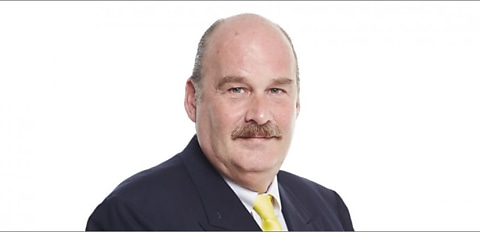Responding to Victoria’s parliamentary inquiry into land transfer duty fees, the Real Estate Institute of Victoria (REIV) believes a broad-based tax would avoid inefficient and disproportionate effects of house price bracket creep, while enabling greater housing efficiency.
“The REIV has long sought an abolishment of this tired tax,” Institute chief executive, Quentin Kilian said, adding stamp duty “has created an excessive burden on home buyers for far too long, with fees for the median priced house currently sitting at approximately 48.9 per cent of a Victorian’s average annual income.”
He reaffirmed the Institute’s belief that a “broad-based tax system will be beneficial for the economy and housing market in Victoria.”
The Institute noted that the transition would provide the government with a stabler and more predictable revenue stream, even as stamp duty revenue rose 61.3 per cent between the 2020–21 and 2021–22 financial years.
Mr Kilian described the nature of land transfer tax as “dependent on market activity and performance,” something he noted “impacts government revenue predictability,” especially when considering “the fluctuation in revenue points to the fact that when households are in need, government revenue is likely to also be impacted.”
He explained this factor “makes meaningful policy intervention more difficult.”
In his eyes, removing stamp duty would incite greater market sustainability and spur market activity to the state economy’s benefit.
According to the REIV’s submission: “As stamp duty increases the cost of moving, people may choose to remain where they are rather than pursue job opportunities elsewhere — contributing to the lack of skilled labourers in areas of need, negatively affecting productivity.”
As he did in March when the review into stamp duty was announced, Mr Kilian once again called on the Andrews government to invite stakeholders and experts into the fold to contribute to a roadmap that both supports home ownership and maintains tax income.
“We look forward to further conversations with policymakers about how the Government and sector can move forward together and create a better system for all Victorians,” he concluded.
Last year, NSW’s Perrottet government acted to remove the state’s stamp duty taxation scheme for first home buyers, opting to replace it with a land tax scheme offering a full stamp duty exemption on properties valued up to $650,000 or a concession on properties between $650,000–$800,000. Relevant buyers would be able to opt into a smaller annual tax on any properties valued between $800,000–$1.5 million.
As previously reported on REB, the scheme was welcomed by two-thirds of the state’s first home buyers, while research found 80 per cent of homes within the state would qualify for the scheme, were they sold to FHBs.
Prior to winning last month’s election, NSW’s latest Premier Chris Minns announced a similar land tax scheme would remain under his party’s rule.
